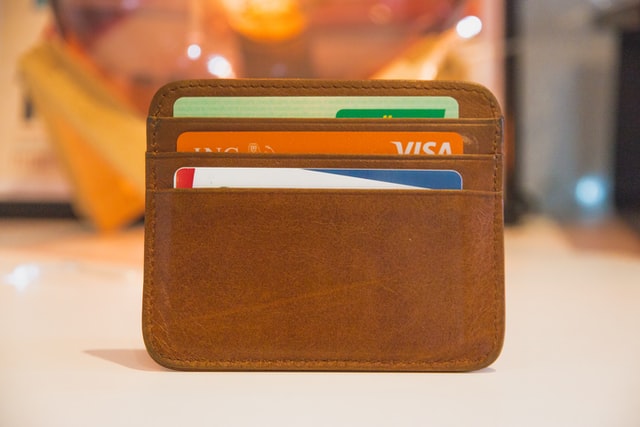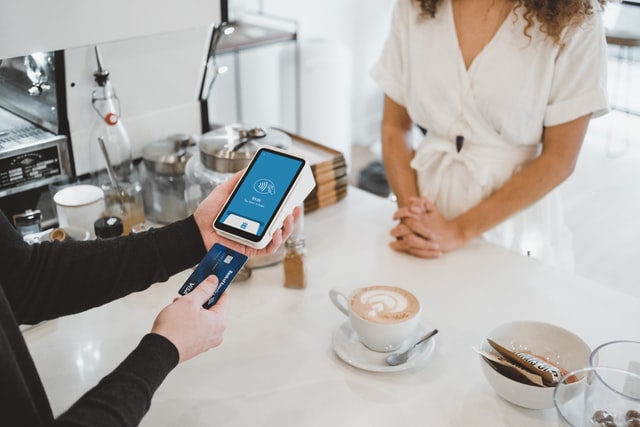The deposit is cash or cash equivalent (such as a deposit) that the court accepts in exchange for allowing the defendant to remain at liberty until the case is completed. The deposit is a financial incentive for the defendants to appear in all required court cases. If the defendant fails to appear in court, the deposit is forfeited (i.e. the court retains cash or collects the bond) and the judge issues an arrest warrant. Can I pay bond with credit card?
Credit cards accepted in some places
Credit cards allow many of us to get things when we need them and pay back the price over time. Fortunately, it is also possible to pull out a credit card to get out of prison. According to CreditCards.com, an increasing number of jurisdictions in the United States are allowing defendants to pay a deposit using a credit card.
In many areas, you can swipe the card in prison to pay the total amount of the deposit and often an additional fee. Other counties allow you to issue a bond by credit card if you go through a private company cooperating with the court to process credit card payments.
TIP: Don’t even think about not appearing in court if you paid for the deposit with a credit card. Not appearing in court not only increases legal trouble, but it can also ruin your creditworthiness because your credit card company is at the total cost of your surety. If you weren’t making your next monthly credit card payment, which would be difficult if you were on the run, your creditworthiness would be a huge hit.

Drag your way to freedom
Usually it works like this: defendants, family members or friends slide the plastic through the reader. The deposit is paid and the fee is charged over the amount of the bond. The key is spinning. The prisoner is walking.
In the legal system, it is like any other bail payment: when a bailiff appears in court, the bailiff recovers his money, minus the fee. Warrants are issued to those who do not appear.
For example, in a county jail in County St. For Lucie, Florida, a non-refundable 3.2 percent fee is added to the bond amount, with a minimum of USD 2.50 per transaction, when a Visa, MasterCard or Discover card or debit card is used to make payment of the bond. MyFloridaCounty.com, a payment system used by most court officials in the country, and then charges a fee for the equipment and processing costs.
What will the courts and prisons take on bail?
The deposit is usually sent in one of the following ways:
- paying the full amount on bail. For example, if the police or court set a deposit of $ 1,000, the defendant may post (pay) that amount in cash or by credit card
- by purchasing a bond from a bond seller, which usually charges a non-returnable premium of approximately 10% of the amount on bail. For example, if the police or the court set the deposit at USD 1,000, the defendant may usually buy a deposit at USD 100. The bond seller on bail is forfeited to the court if the defendant who purchased the bond fails to appear in court,
- by lodging in some courts court assets worth at least the full amount of the deposit. For example, if the police or court set a bail of US $ 1,000 and the suspect is in possession of a fancy watch worth at least this amount, the defendant may use the watch for bail release.












